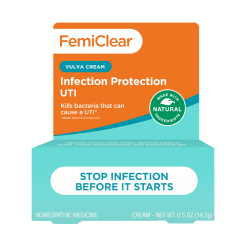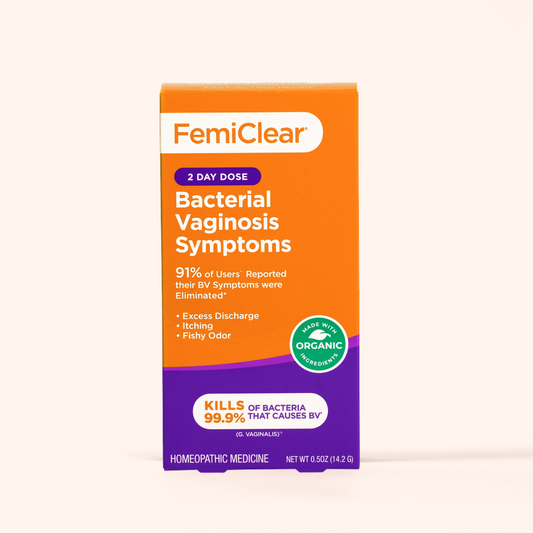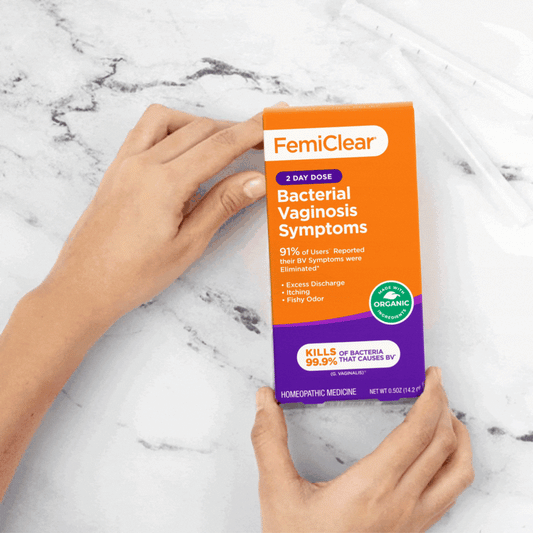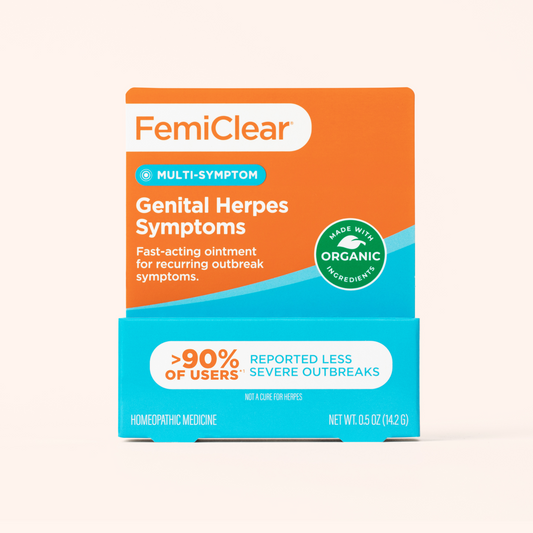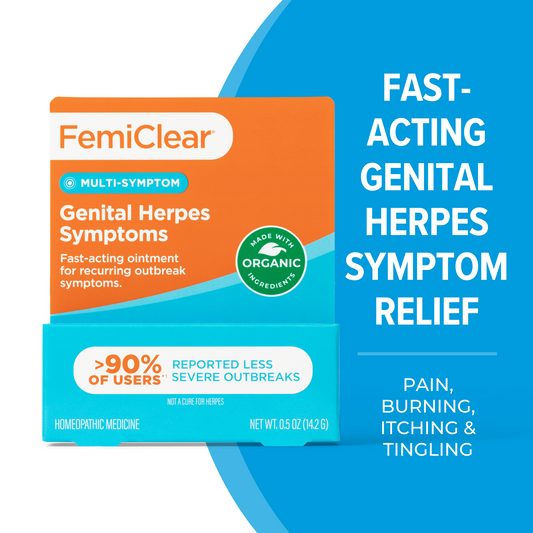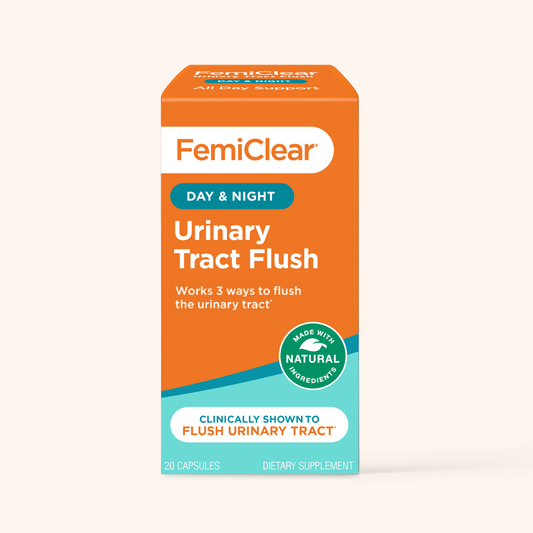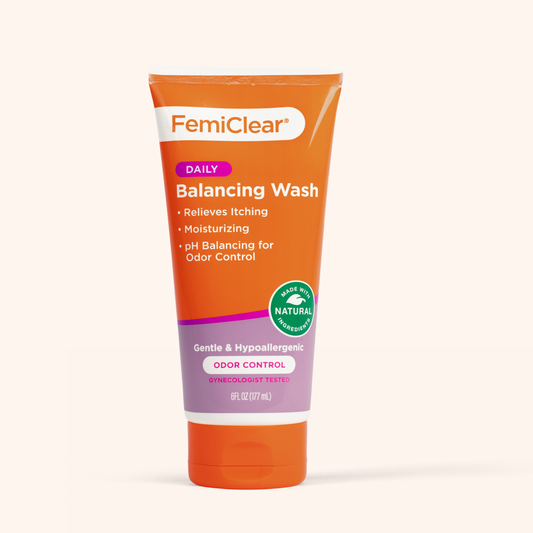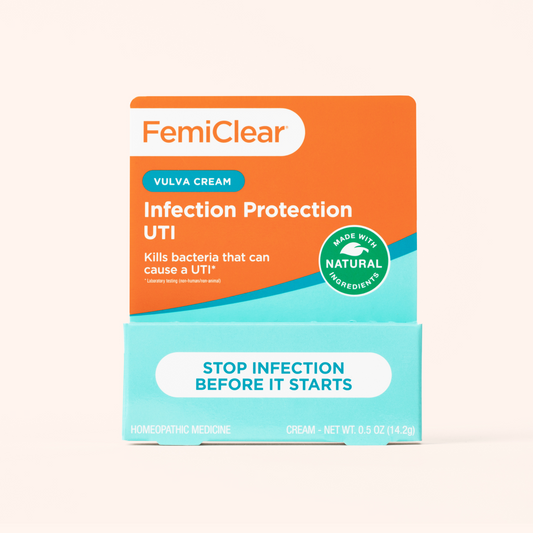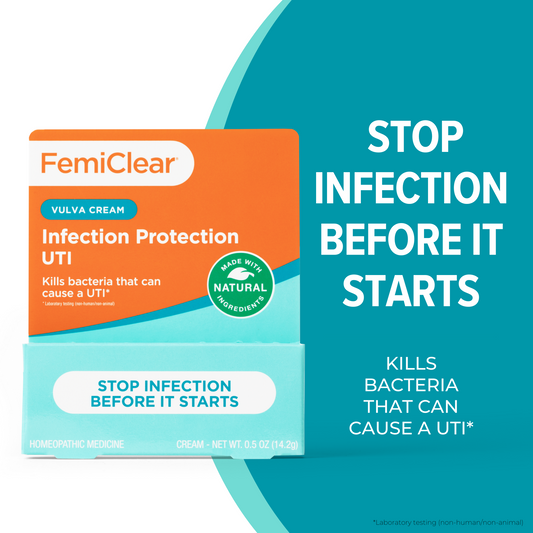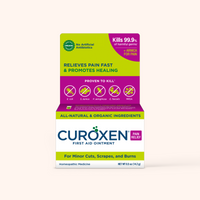Table of Contents
Why Are Women More Prone to UTIs After Sex?
Oct 22, 2025

Many women consider pregnancy and STIs (sexually transmitted infections) the biggest risks of having sex, but there is also the risk of developing a UTI. A woman’s anatomy makes her more prone to developing a UTI after sex. This blog discusses why this occurs and provides tips for prevention.
- Women are more prone to UTIs after sex due to anatomy and bacteria transfer.
- Hygiene, hydration, and contraceptive choices can lower risk.
- See a doctor if symptoms appear, recur often, or become severe.
What Is a UTI and Why It Happens
A UTI is an infection of the urinary tract, which includes the urethra, bladder, and the kidneys. It occurs when bacteria enters the urethra and reaches the bladder. In some cases, urinary tract infections can spread to the kidneys.
The bacteria that causes UTIs often comes from the rectum. This is because women’s urethras are shorter and closer to the rectum than men’s, making them more prone to UTIs. However, there are several circumstances that can promote bacteria growth and increase your risk of developing a UTI, including vaginal and oral sex.
It is important to understand the causes, preventions, and treatments of UTIs. A UTI that is left untreated can spread to the kidneys and cause serious health complications.
Anatomical Factors
For women, the biggest risk of a UTI is outside of your control: your anatomy. The urethra is the tube where urine flows from the bladder to exit the body. Women have shorter urethras than men, so bacteria can reach the bladder and spread quickly. In addition, women’s urethras are close to the anus, where UTI-causing bacteria live. This bacteria can easily transfer from the anus area toward the urethra, increasing the risk of a UTI.
Bacteria Transfer
The bacteria that causes UTIs does not just come from the anus. Bacteria can transfer from the hands, genitals, and sex toys into the urethra during sexual activity. This includes foreplay, oral, and penetrative sex. Lack of proper hygiene before and after sex, like washing your hands or sex toys, can also contribute to bacterial spread and increase your risk of developing a UTI.
Hormonal Influences
Hormonal influences can also contribute to UTIs. Changes in estrogen levels, particularly after menopause, can affect your vaginal flora and increase your risk of UTI. Hormones related to pregnancy can also disrupt vaginal flora and make you more prone to a UTI. Other factors like hormonal birth control may alter your vaginal pH, potentially increasing your risk.
How Sexual Activity Contributes to UTIs
Any sexual activity, including penetrative sex, oral sex, and the use of sex toys, can increase your risk of developing a UTI.
Penetrative Sex
While getting a UTI without intercourse is possible, having penetrative sex significantly increases your risk. This is because the outside of the genitals is full of bacteria. Friction during sexual activity can move this bacteria toward the opening of the urethra, causing an infection. Moreover, certain sexual positions may increase the likelihood of bacterial transfer. Anecdotal evidence suggests that female superior position (girl on top) may be more likely to push bacteria towards the urethra. However, this is not proven.
Oral Sex and UTIs
Penetrative sex is not the only sexual activity that causes urinary tract infections. You can also get a UTI from oral sex. This occurs when bacteria transfers from the mouth and genital areas to the urethra opening. However, it is a common myth that oral sex alone can cause a UTI without contributing factors. UTIs from oral sex are often caused by a combination of genital and mouth bacteria. Bacteria from the mouth can potentially enter the urethra, but they are not the primary cause of UTIs.
Sex Toys and UTIs
Sex toys can cause UTIs when not used as directed. Improperly cleaning your sex toys before and after use can create an environment for bacteria to grow. Moreover, sharing sex toys can also introduce bacteria. It is important to only use sex toys with body-safe materials and use protection with your sex toys, like putting a condom on the toy. Failing to take these precautions can increase your risk of infection.
Common Causes of UTIs After Sex
Bacterial Transmission
Bacterial transmission is the main cause of UTIs, and E. coli is the bacteria that most commonly causes them. It can be transferred from the anal region during sexual activity. Other bacteria from the skin, genitals, or your partner’s body may also contribute to bacteria entering the urethra.
Improper Hygiene
Improper hygiene is another major cause of UTIs. Failing to wash your hands, genitals, and sex toys before and after sex can increase bacterial exposure and encourage the spread of bacteria. Moreover, wiping incorrectly (back to front) can transfer bacteria to the urethral opening, increasing your risk of infection.
Spermicides and Lubricants
Some spermicides disrupt the vaginal flora, making it easier for harmful bacteria to thrive. It is recommended to avoid using spermicide if you are prone to UTIs. Certain lubricants with artificial additives can cause irritation and increase susceptibility to infections.
Prevention Tips for UTIs After Sex
You do not have to avoid sex completely to prevent getting a UTI. The following section provides tips to minimize bacteria build-up and protect the vaginal flora while sexually active.
Hygiene Practices
Practicing good sexual hygiene can prevent UTIs after sex. It is important to pee before sex and promptly after. Doing so helps flush out your system, including bacteria that has entered the urinary tract during sex. You should also cleanse the genital areas with warm water and mild, unscented soap before and after sexual activity.
Hydration
Drinking plenty of water helps prevent UTIs by encouraging frequent urination which keeps the urinary tract clear of harmful bacteria. You can also drink cranberry juice or take a cranberry supplement to reduce your risk. Research shows that cranberries contain a property that helps prevent bacteria from sticking to the lining of your bladder.
Probiotics and Diet
Your diet can affect your vaginal flora, or the microbiome of good and bad bacteria living in the vaginal area. A disruption in the vaginal flora can increase your risk of urinary tract or yeast infections. Eating probiotic-rich foods, such as yogurt and fermented foods like kimchi, can help balance the vaginal flora and prevent the overgrowth of bad bacteria. You should also limit your sugar intake, which can contribute to bacterial imbalances.
Contraceptive Choices
Your choice of contraceptives can affect your risk of getting a UTI after sex. If you are prone to UTIs, you want to consider avoiding contraceptive choices like diaphragms and spermicides. Diaphragms may trap bacteria during sex, which can increase your likelihood of getting a UTI. Spermicides may kill off good bacteria, disrupting your vaginal flora. Switching from spermicidal condoms to non-spermicidal options can reduce irritation and lower your chances of a UTI.
That said, you should not have intercourse if you already have an active urinary tract infection. Doing so can worsen your condition and prolong healing. Ask your doctor when it is okay to resume sexual activity.
There are also products available that can help prevent UTIs. UTI treatment creams kill bacteria that can cause urinary tract infections and can be applied after sexual activity. You can also try a urinary tract flush, a medication designed to help flush E. coli from your system.
Recognizing Symptoms and When to Seek Medical Advice
It can be tricky to tell if you have a urinary tract infection, as its symptoms can mimic other conditions. Some people may also delay treatment because they are embarrassed by their symptoms.
Common Symptoms
If you’ve ever had a UTI, you know that it can cause uncomfortable and often nerve wracking symptoms. Common UTI symptoms include:
- Pain or burning while urinating
- Frequent urination
- Feeling unable to empty bladder fully
- Feeling the need to pee despite having an empty bladder
- Blood in urine
- Cloudy, foul-smelling urine
- Pain, cramping, or pressure in lower abdomen
Complications of Untreated UTIs
Before the discovery of antibiotic treatment, UTIs could be fatal.
Now, urinary tract infections can be easily treated with prescription antibiotics. However, they will not resolve on their own. You need to see a doctor to get antibiotic treatment if you suspect you have a UTI.
Untreated UTIs can lead to serious complications, the most common being a kidney infection. This occurs when the urinary tract infection spreads to the kidneys.
Kidney infections cause more severe symptoms than a standard UTI. They include:
- Fever
- Chills
- Lower back pain
- Pain in the side of back
- Nausea or vomiting
In rare cases, a kidney infection can lead to sepsis, a serious and sometimes life-threatening condition where the body becomes overwhelmed in its response to infection.
So while most UTIs are easily treatable, it is crucial to treat your UTI appropriately. This reduces your risk of a complication and makes the infection less likely to return.
If you experience recurrent UTIs often, it may indicate an underlying health concern that needs medical evaluation. You should consult your doctor if you experience two or more UTIs within six months or three or more UTIs within a year.
When to See a Doctor
You should see a doctor if you experience UTI symptoms. Your doctor can prescribe antibiotic treatment if an infection is detected.
Most urinary tract infections can be easily treated with antibiotics. However, additional medical attention may be necessary in certain circumstances.
You should see a doctor if you are experiencing flu-like symptoms including fever, chills, malaise, lower back or side pain, or nausea and vomiting. This could be a sign that you have a complicated UTI, which may require a different antibiotic to successfully treat the infection.
You should also see a doctor if you experience recurrent UTIs (two or more UTIs within six months or three or more UTIs within a year). Recurrent UTIs might suggest an underlying health condition. It is important to find the cause of your UTIs and get the proper treatment.
Conclusion
Thanks to anatomy, women are more prone than men to getting urinary tract infections after sex. This is because women’s urethras are shorter and closer to the rectum, making it more likely for bacteria to enter. Hormonal changes, such as in pregnancy and menopause, can also contribute.
There are ways you can prevent getting UTIs after sex. Practicing good hygiene, staying hydrated, and choosing safe contraceptive options can minimize bacteria and reduce your risk of a UTI. If you have UTI symptoms, it is important to see a doctor and get antibiotic treatment early. This can prevent your infection from getting worse. You should also seek medical care if your infection is recurrent or your symptoms are severe.
Oct 22, 2025

UTI Infection Protection Vulva Cream
Stop infection before it starts
Learn More